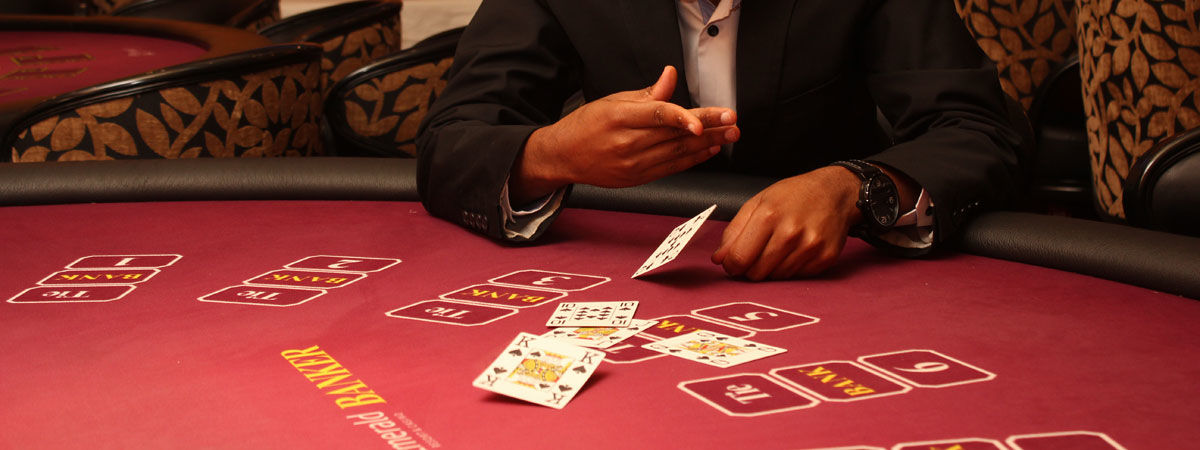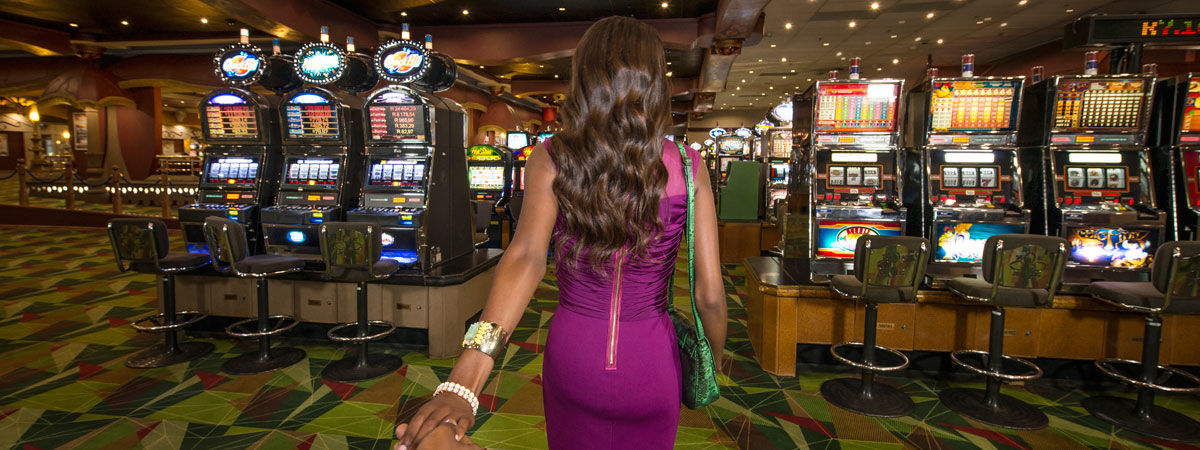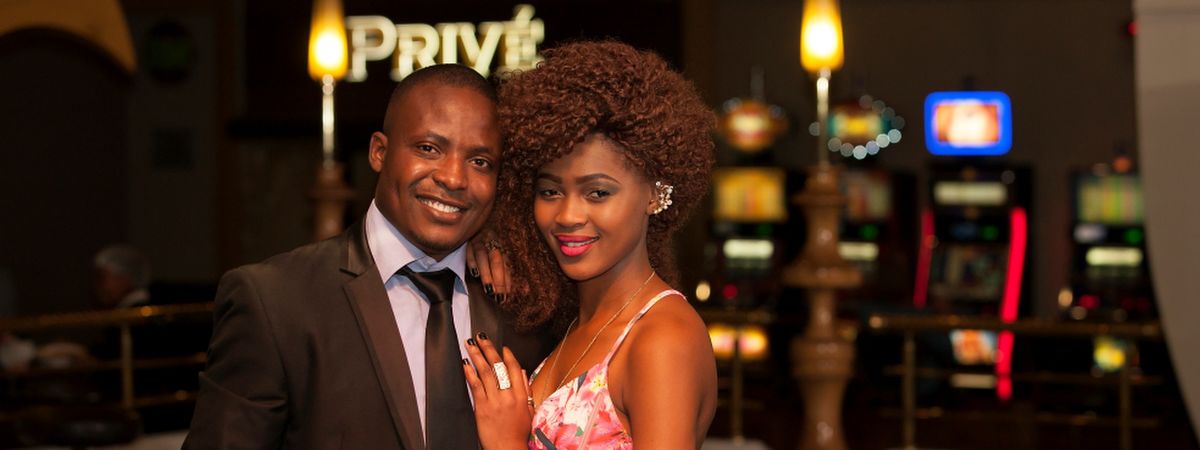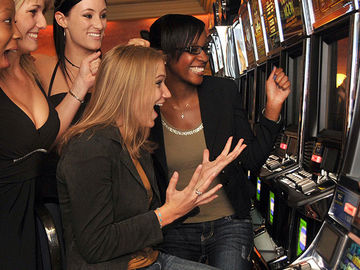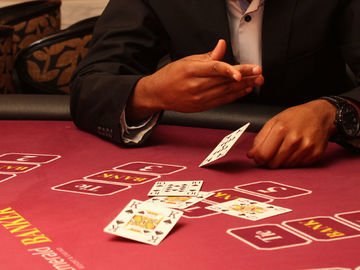CASINO GAMING
WE CREATE REAL CASINO EXPERIENCES
Tsogo Sun casinos make your visits unapologetically real with a wide variety of casino games in non-smoking and smoking gaming areas, including state-of-the-art Slots with multiple denominations, multi-coin, multi-line machines and a choice of several progressive jackpots. Our Tables offering is equally edgy and varied with a range of minimum and maximum bets available on our Blackjack and Roulette tables. Dedicated areas away from the main gaming floor cater to high-end players.
From high-stakes tables to progressive jackpots, our lively and extensive casino offers 22 prestigious Roulette, Blackjack, Poker, and Baccarat tables alongside more than 380 Slots.
Casino Operating Hours
SLOTS
8 am - 4 am
TABLES
11 am - 4 am
Tsogo Rewards
Get access to our exclusive Tsogo Rewards and earn benefits while you play. Enjoy all the excitement of the casino with friends and family at a more affordable cost.
|
Frequently Asked Questions
What age do you need to be to gamble?
You need to be 18 years old to gamble.
Are there limits on wagering amounts?
Each machine and table game has a limit. Ask our friendly staff if you are unsure.
How do I cash out?
To cash out at a slot machine, press the Cash Out button. The money is transferred to your card. Then you can take your card home for the next visit while your money is kept safely on the card or you can visit the cash desk and collect your cash.
To cash out at the tables, you can take your casino chips to the cash desk and exchange them for cash.
Do I need to carry any ID when I visit the casino?
An ID may be is required for certain verifications or transactions. It is best to keep it with you when you visit the casino.
Do I have to pay for entry to Emerald Casino?
Entry to the casino complex is free.
Is there a dress code at Emerald Casino?
Please wear shoes.
How do I avoid problems with gambling?
Stick to these rules to help you avoid problems with your gambling:
- Decide beforehand how much money you are willing to spend. Stick to your limit.
- Don’t try to recoup your losses, they may only increase.
- Beware of how often, and for how long you play.
- When you are winning, take occasional breaks. Think about the smart time to stop.
- Remember that gambling is entertainment. It’s not a way to get rich quickly, or pay off your debts.
- Don’t forget that gambling is a game of chance. There are no systems or formulas to guarantee success. If you need help with a gambling problem, for yourself, a friend or for someone you care for, call the National Responsible Gambling Toll-free Counselling line on 0800 006 008.
How do I know if I’m addicted to gambling?
For the overwhelming majority of people, gambling is harmless recreational fun. For most people, gambling (be it horse racing, playing the lottery, or at a casino) is a form of leisure and entertainment. They gamble, knowing how much money they can afford to spend and don’t spend more time than they can afford to on gambling either.
They do not neglect their families and dependents because of gambling, nor does gambling affect their work adversely. Neither do they get into serious financial difficulties because of gambling, and then hope that more gambling will solve their financial problems.
However, for a small number of people, gambling does become a problem in their lives. In particular, they suspect that it would be better if they stopped gambling, or at least cut down and controlled their gambling. For some of these people, gambling may become an addiction.
What do I do if I think I may have a gambling addiction?
If you are unsure or concerned reach out to the National Responsible Gambling Toll-free Counselling line on 0800 006 008 for assistance.
Will I have to pay to receive help if I have a problem with my gambling?
Local South African calls to the helpline (0800 006 008) are free*, and if it is necessary for a caller to get outpatient treatment from one of the NRGP’s medical professionals, these costs are borne by the programme, not the patient.

